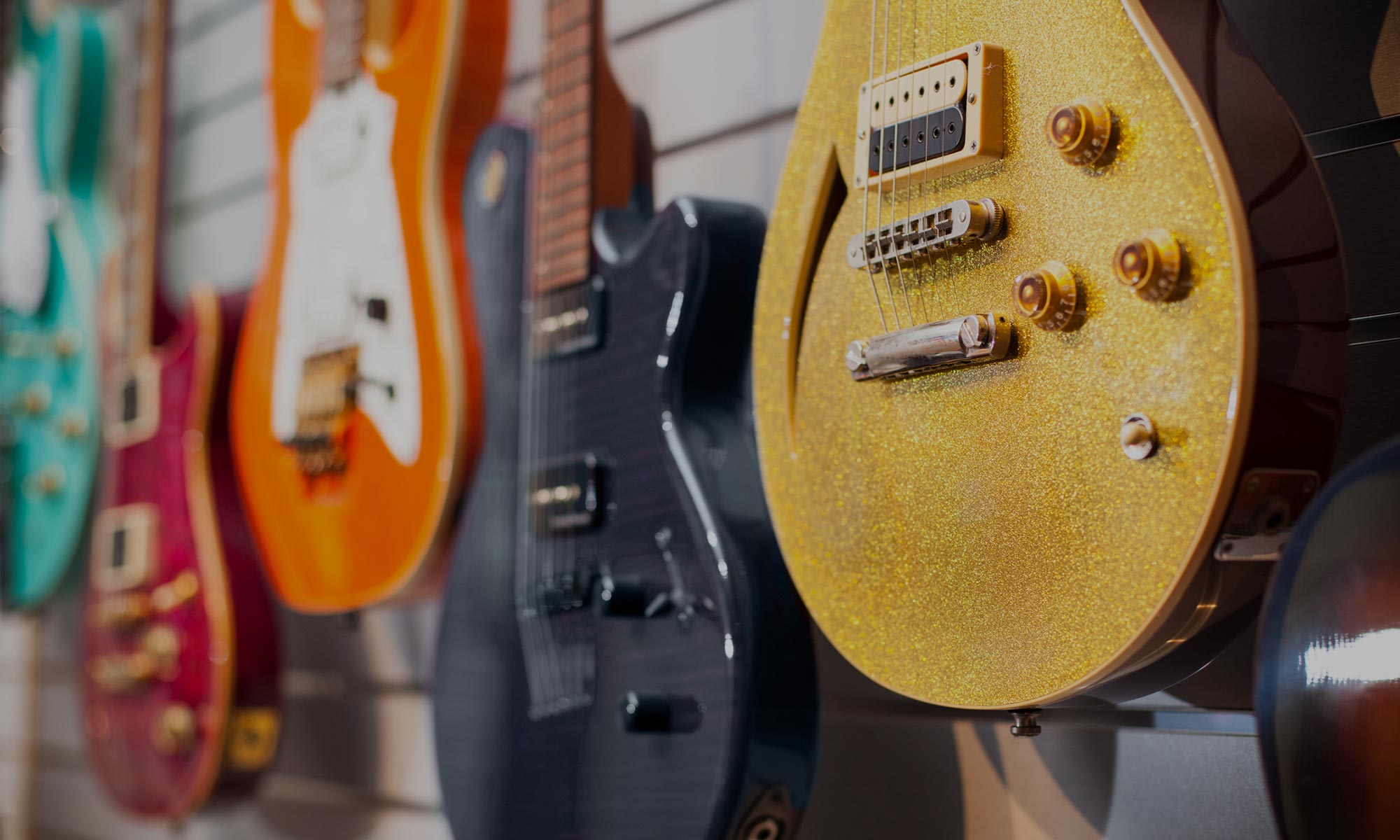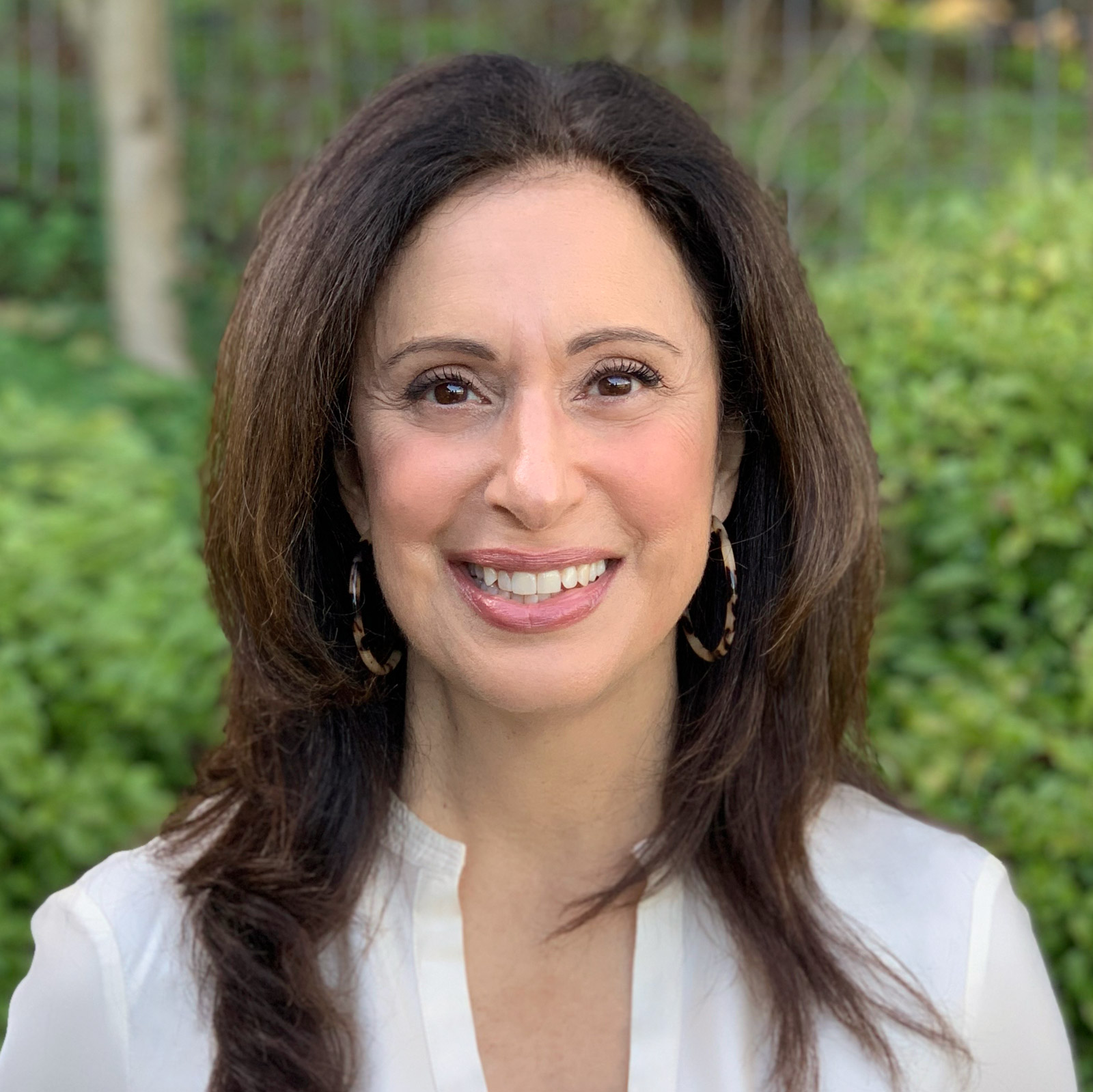I sat down with Tamara Osheroff to discuss why she left her high-powered marketing job to help her husband reopen their local music store amidst the pandemic. Tamara shares her journey and digital marketing advice for small retailers trying to stay afloat and make it through to the other side.
[This interview has been edited and condensed.]
This has been a year of radical change for most of us, but how has it affected you personally?
As you know, I’d also spent several months caring for a sick family member and made that the priority.
At the same time, my role [SVP of Strategy at CMO Labs] and the business were evolving from digital marketing to customer data analytics. As interesting as that field is, it felt too far afield from the creative and strategy work I love.
Then the pandemic hit. Something was telling me to slow my roll and focus my time closer to home.
That’s a lot to deal with. What was your reaction to the coronavirus outbreak?
I was witnessing daily how it was affecting everyone around me, but especially our music business store [The Magic Flute in San Rafael California], and our fifteen employees. We bought the store 10 years ago, as my husband Christian’s side gig and he has worked so hard to build it up. Then everything was upended.
I felt strongly that I needed to help. Before there was never any time for me to help with marketing, but now I had the time and ability to take it on.
What were the biggest challenges you faced once you joined the team?
First it was like, how do I get this all organized? Where do I start? I’d been doing strategy for so long and handing it over to subject matter experts to execute. Digital has changed so much that I was a little terrified about getting in there.
But you just start somewhere. There are so many great, simple tools now to do social media and email. It quickly became fun and I realized how much I missed doing the hands-on work. I also realized how much I do know.
Why do we doubt ourselves so much? We tend to discount what we know when we’ve been doing this for decades – like it’s “all about the new”. But core marketing principles inform everything.
I laugh now when I think about the time, a few years ago, when I was managing a twenty-million-dollar marketing budget for Tailor Brands and suggested to Christian that we do a fifteen thousand dollar branding exercise for the store. I thought it was a very affordable solution and Christian just looked at me like WTF!?
I get it now!

How are you managing to do everything yourself?
I’m not. It was important to get our team involved in the marketing to pull it off. They’re all musicians and artists, so at first, I felt like I was giving them a marketing wedgy!
But they’re naturally creative people and I got to fully appreciate their subject matter expertise in music, instruments and accessories, and the needs of our customers, including the kids. It was fun to get their ideas and they thought of many things I wouldn’t have on my own.
So, what’s your marketing strategy in this COVID era?
The entire country is feeling the same pain and anxiety, so we do not want to appear tone deaf. But at the same time, we don’t want to play into it with false sentimentality.
If we say “we’re here to help” then exactly how are we going to help? With everything we do, we try to allay people’s fears and provide guidance.
What kind of help are you offering?
The Magic Flute is the only complete music store in Marin and we’re a big part of the community. We sell instruments and sheet music, do repairs, rent instruments as part of school music programs, and have a network of teachers who offer private lessons.
Our first focus was parents. We guided them through what to do over the summer – making it easier to keep the instruments until the school year started, accessing private lesson options, even things as simple as how to sanitize their instruments.
We focused on being helpful and not salesy. Instruments can effectively be cleaned with stuff people already have at home, like soap and water or alcohol. If customers want the expensive cleaner, we have it for sale, but that isn’t our priority.

How are you getting that information to them?
We’ve put a lot of work into the website. It was never about ecommerce before, but now it’s our 24/7 business center for not just selling products, but also for educational information, like when you buy a violin online how do you assess its quality without being able to hold and play it? Should I rent or buy? Lots of tips & tricks and real-time COVID updates. The website has become a communication hub in support of our core brand values.
Pre-COVID it seemed marketing was going the way of “people only want to engage on social media”, but customers are relying on the website because now they need helpful information, not to be entertained.
What about ecommerce? How’s it going?
Before the pandemic, we were trying to get customers to buy from us, not Amazon. We obviously can’t offer same-day shipping, but we did wave shipping fees to try to compete and offer exceptionally personal customer service. Christian and his team have delivered their fair share of sheet music and instruments all over Marin!
Currently we gently communicate that doing business with us is saving local jobs and businesses and making an investment in our community.
We’ve spent time getting everything we sell on the site. It’s been a wonderful surprise to get calls from all over the country. We have some unique items that sold out on Amazon, so people are finding us and hopefully we can make those customer relationships last because of our personal touch.
What’s the most important piece of advice you have for small retailers trying to reopen and make it through to the other side of this crisis?
Digital transformation. You just have to. It’s less complicated for small businesses to do it — there are lots of free tools and you can keep it simple. And there’s more forgiveness from customers if it’s not perfect.
Invest now, because at some point, something else will go down that will affect your “brick and mortar” store traffic. A digital communication channel to your customers will keep your business afloat.









